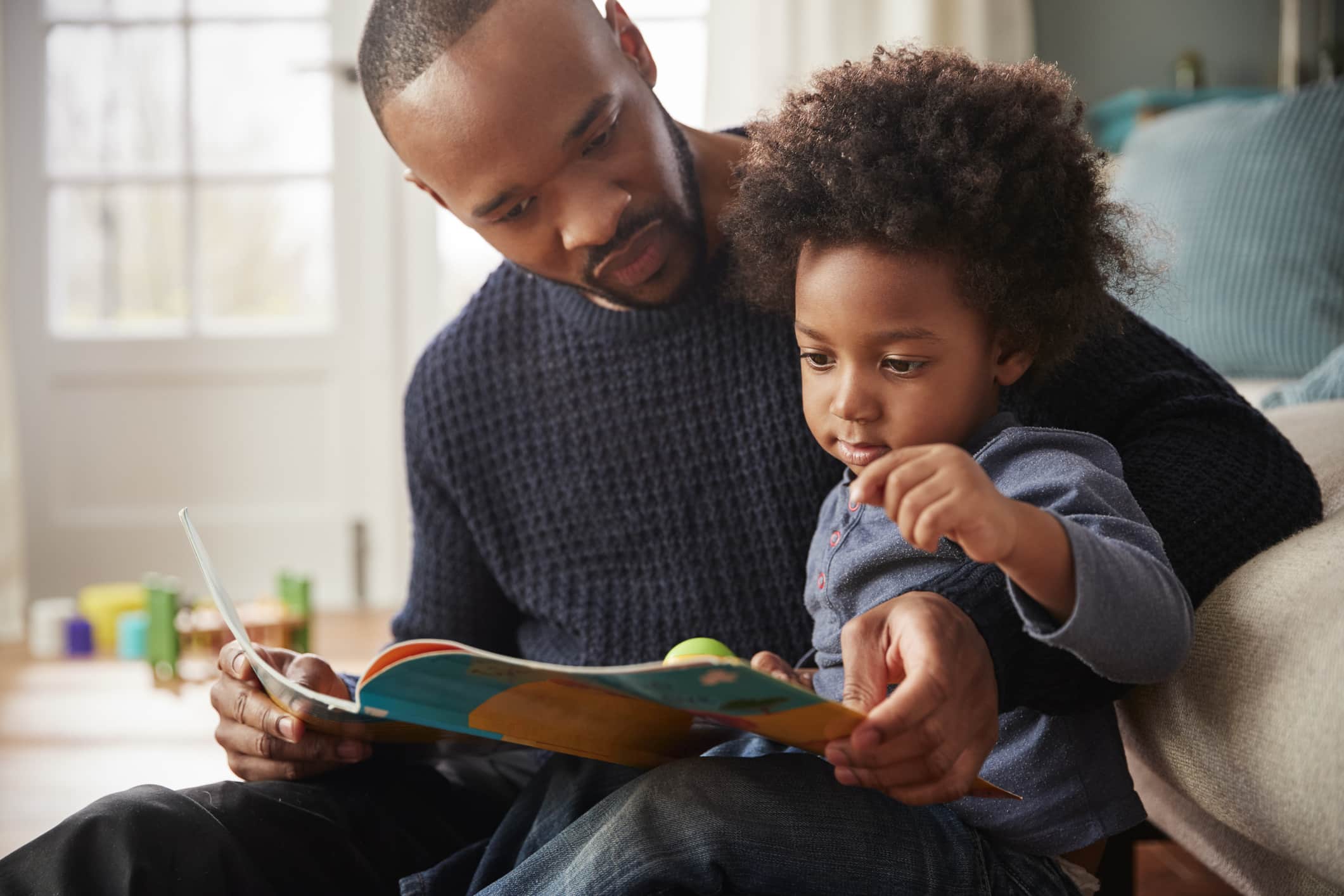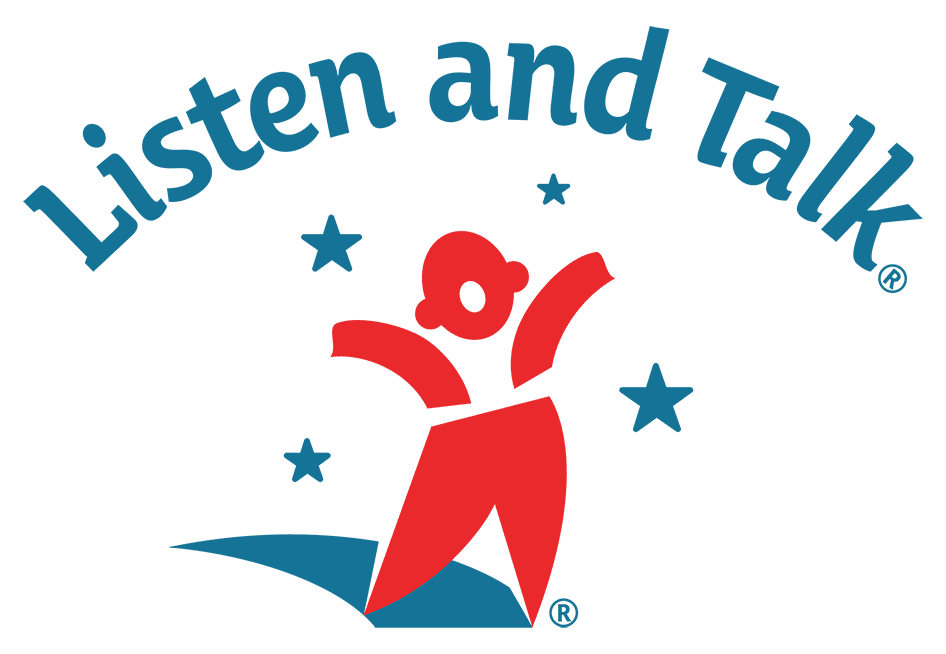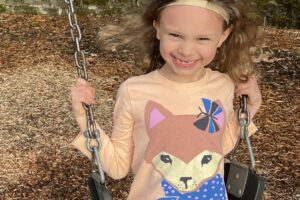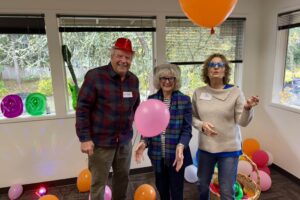
How To Build Early Reading Skills At Home
The majority of parents and caregivers I work with are worried about their child’s preschool readiness skills. And for good reason… Research studies show that children who are deaf or hard of hearing are at risk for delays and deficits with reading. Plus, preschool and kindergarten curriculums are increasingly focused on children mastering academic skills earlier and earlier. These factors fuel families’ anxieties and they often feel that they don’t know what to do.
So, let’s start with what I see many families doing: Reciting the alphabet with their little one so that they can say/sing their ABCs. Some toddlers really enjoy the ABC song or ABC puzzles, and that’s wonderful. But some aren’t interested. And, that is OKAY! Memorizing the ABC’s is just like memorizing another symbol- like learning the name for “square” or “rectangle.” The alphabet gives us the symbols we need to read and write, but there are other important routines you can incorporate with your child to build their foundation for reading.
Fun, interactive activities with infants and toddlers lead to strong reading skills. Check out this “Home Literacy Environment Checklist,”[1] (also available in Spanish). This checklist can help you identify your family’s reading routines. How often do you read with your child? What kinds of books are you reading with your child, and are they developmentally appropriate for his or her current age? Ask yourself: “What is going well when we get books out? What are some ways I might be able to improve our book reading time together?”
My top tips for reading with young children:
- Manage your expectations on the amount of time your child can sit and read a book with you. Toddlers have short attention spans- this is normal! You may want to start for a few minutes, and slowly build up the amount of time you read together
- Keep it fun! If your child is losing interest, it’s ok to skip a few pages, or put it aside for later. You don’t need to read all the words, all the time!
- Balance questions with comments. It’s not fun to be bombarded with, “Where’s the dog? What color is this? How many are there?!?” Instead, make a simple comment and see if your child chimes in. You might say, “Wow, the giraffe has a LONG neck!” Or, “I like the cupcake, it looks delicious!” Then, wait to see if they’d like to add something WITHOUT questioning them
- Follow your child’s lead- talk about what they are interested in! You can focus on your child’s interest by asking a simple question: “What do you see?” You can also notice what he or she is looking at or pointing to, and talk about/focus on that
Here are some ways to incorporate pre-literacy skills during your reading routine:
- Name the parts of a book as you read: front/back cover, title, author, etc.
- Point out that text is read from left to right
- Change your voice based off the text: you might try being louder when you read “STOP!” or quieter when you read “Shhh, he’s sleeping.”
- For toddlers, choose books that have less text, and more pictures. Choose books that incorporate rhyming words
- For preschoolers, you can try taking turns reading the story:“Now you tell me!” You can also get out some paper and draw a favorite character or event from the story
- Feeling stuck? Your local library is a wonderful resource. Not only can you borrow new books to discover with your child, you can also inquire about Story Read Alouds or other events your library might host
Creating meaningful, fun book reading routines with your young child is a fantastic way to build their early reading skills. Check out this download from “Zero to Three”[2] : “The interactions that young children have with literacy materials as books, paper, and crayons, and with the adults in their lives are the building blocks for language, reading, and writing development.”
How do you work on reading at home? Write to me at korak@listentalk.org
[1] Get Ready To Read! Literacy Checklists
Deb Gorski – http://www.getreadytoread.org/early-learning-childhood-basics/early-literacy/get-ready-to-read-literacy-checklists
[2] What We Know About Early Literacy and Language Development
https://www.zerotothree.org/resources/300-what-we-know-about-early-literacy-and-language-development



